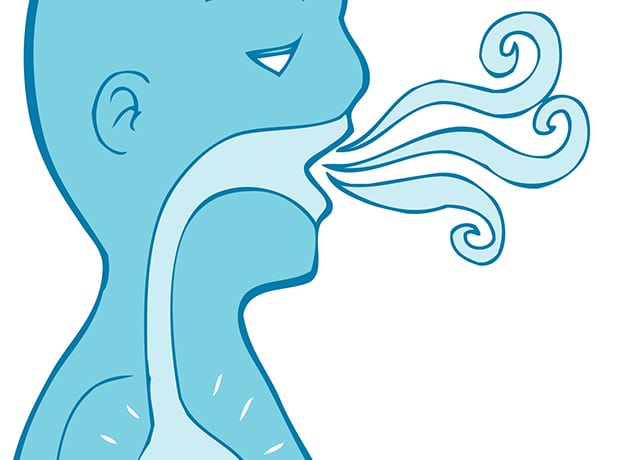Sanofi’s biologic therapy Dupixent (dupilumab) hit the mark in recently published data from a pivotal phase III trial.
The study evaluated Dupixent in children aged six to 11 with uncontrolled moderate-to-severe asthma, with Sanofi’s drug hitting the primary and all key secondary endpoints.
In a broad type 2 inflammatory asthma patient population – defined as having elevated eosinophils (EOS) or elevated fractional exhaled nitric oxide (FeNO) – Dupixent significantly reduced asthma attacks and improved lung function when added to standard-of-care.
In the Dupixent arm, participants experienced a 65% and 59% average reduction in the rate of severe asthma attacks over one year compared to placebo.
Over 90% of children in the trial also had at least one concurrent type 2 inflammatory condition, including atopic dermatitis and eosinophilic esophagitis.
The safety results were generally consistent with the known safety profile of Dupixent in patients aged 12 years and older with moderate-to-severe asthma.
Over one year, overall rates of adverse events were 83% for Dupixent and 80% for placebo. The most common adverse events for Dupixent versus placebo included injection site reactions, viral upper respiratory tract infections and eosinophilia.
“Children with uncontrolled moderate-to-severe asthma often struggle to breathe, largely because of their impaired lung function, and this can have a serious impact on their quality of life,” said John Reed, global head of research and development at Sanofi.
“Dupixent is the only biologic shown in a controlled phase III trial to improve lung function in children, which is generally consistent with results seen in the adolescent and adult trials. These positive data are especially encouraging for younger children who are struggling to manage their uncontrolled asthma,” he added.










